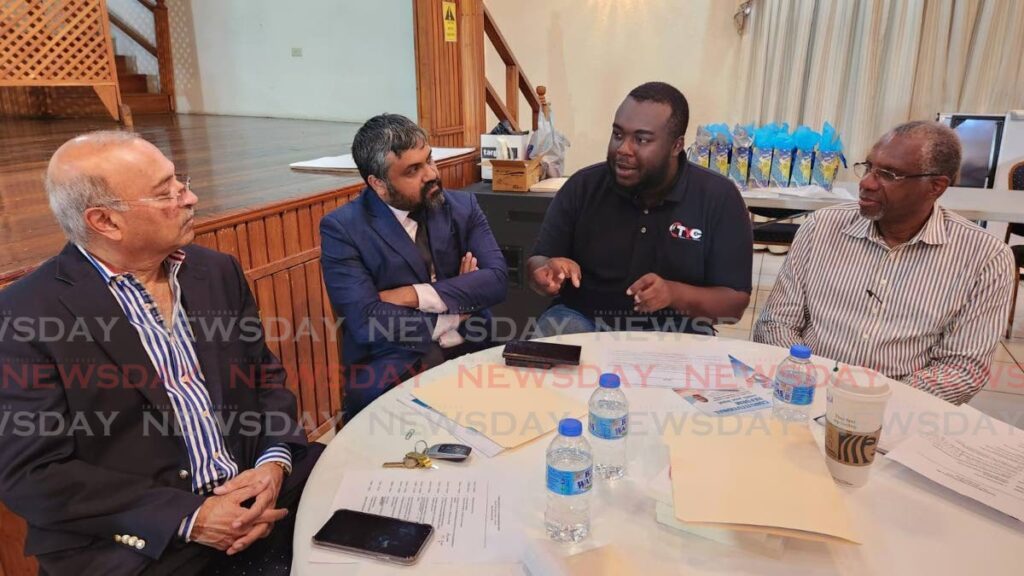Advisory committee: Don't muddle constitutional reform

DO not delay and do not get it wrong, warned the National Advisory Committee on Constitutional Reform in its report dated July 2024, published on August 15.
The committee, under former Speaker Barendra Sinanan, SC, consulted members of the public at several town hall meetings nationwide.
It recommended a seven-day National Constitutional Conference to be held at a venue in Port of Spain linked to satellite centres in North, Central and South Trinidad, and Tobago. The report said the importance of the conference and of constitutional reform.
It said constitutional reform would redistribute and dilute political power in society, and Trinidad and Tobago and the Caribbean were replete with failed past attempts, although change may be in the best interests of the society.
"The committee is convinced, however, that TT has reached a stage in its independence and sovereignty where it is no longer sensible to delay or take half-measures in respect of constitutional reform.
"We are operating institutions designed for a crown colony, yet, we are a sovereign democratic republic in the 21st century."
The report said TT faced challenges to harness the collective talents of a diverse population to create an innovative, enterprising and more productive nation. This challenge was exacerbated by the unease over crime, by the feeling of lack of representation in a "winner takes all" electoral system, and by the demands of the people of Tobago and the First Peoples.
The population wants to participate meaningfully in the decisions which affect their lives. It also wants a more representative and responsible Parliament; an executive elected by the people which acts with integrity and accountability to citizens; and a judicial system delivering justice to everyone, rich or poor, quickly and impartially.
"Citizens wish for a genuine democratic republic and a new constitution relevant to their current and future needs and aspirations."
Despite scepticism at yet another attempt at constitutional reform, the sheer scale of the submissions showed people's deep frustration with both the status quo and the outlook, and a deep desire for change. Frustration could turn into anger with economic woes in a population anxious after the closure of Caroni (1975) Ltd and Petrotrin's refinery, amid declining oil and gas production.
"The committee appreciates that amending or establishing a new constitution is a complex, lengthy and sensitive process requiring political support."
It advised a holistic approach to considering people's proposals, to ensure legitimacy.
"The nation is at a juncture which demands uncommon courage and uncommon sensitivity to the felt needs of the public.
"It requires those who hold office to set aside personal, parochial, ethnic, and party ambitions and to reflect on and promote the national interest."
The report said the exercise was not without its difficulties and challenges. There was no guarantee of "success" if defined as unanimity or consensus. "Success is better seen as achieving workable compromises that advance the goal of building a Trinbagonian civilisation in which our children and grandchildren can survive and thrive and of which they can be tremendously proud."
The committee believed this was quite achievable.

Comments
"Advisory committee: Don’t muddle constitutional reform"